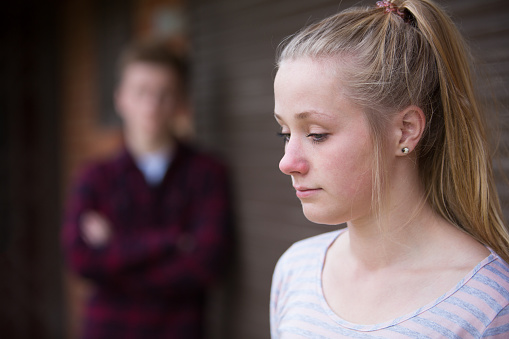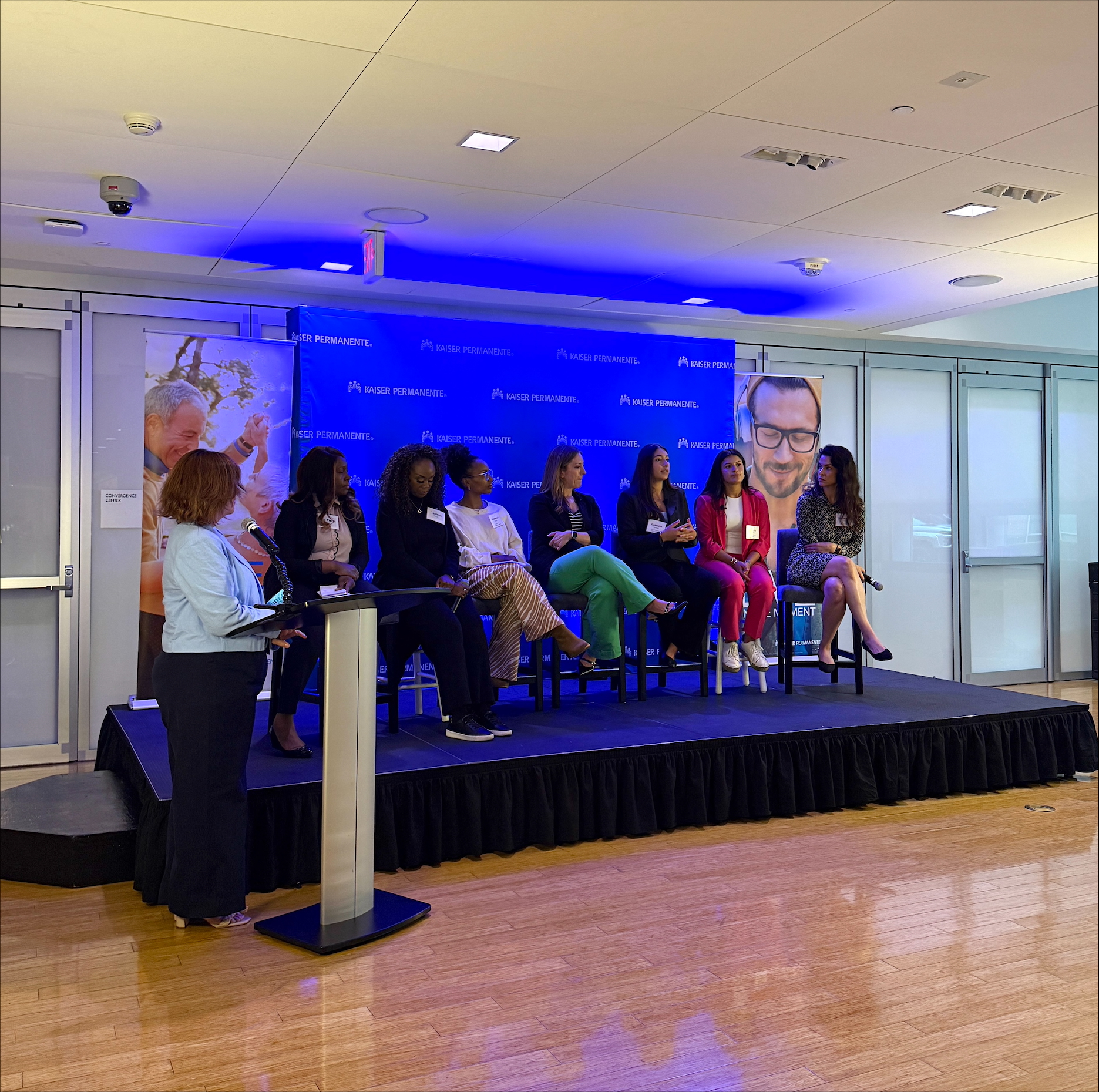The importance of talking with teens about what makes a healthy relationship
Everyone deserves to be in a loving and respectful relationship.
Yet, 1 in 3 young people experience teen dating violence.
Because there are real dangers that come with being in an abusive relationship, and teens often have little experience with healthy dating relationships, adults can be instrumental sources of education, guidance, and support.
Parents and teachers can provide information about healthy relationships, abusive behaviors, and resources that can help.
There are free and confidential resources available from which many teens could benefit. February is Teen Dating Violence Awareness Month, a national effort to raise awareness about dating violence, and to connect parents and teachers with information that would allow them to be allies and advocates.
Brigid McCaw, MD, MPH, medical director of Kaiser Permanente’s Family Violence Prevention Program, says that identifying abusive relationships and talking to teens about the qualities of healthy relationships are key.
“It can be confusing, especially to teens, what constitutes an unhealthy relationship,” said Dr. McCaw. “Teens may believe that physical violence, like hitting or kicking, is the singular characteristic of abuse, but it is much more complex.”
Like domestic violence — which is any physical, emotional or sexual abuse that happens in a personal relationship — teens from all walks of life are susceptible to dating and relationship violence.
Emotional abuse includes:
- threats of harm to self or others
- coercion, such as a refusal to use condoms
- humiliation, such as forced nude photos; and
- intimidation
“Teens may think it’s something they should be able to handle alone and are often afraid to tell their parents or unsure who they can confide in,” said Dr. McCaw.
Healthy relationships are made up of shared love, caring and respect
 Here are some messages that parents, teachers, coaches, adults and friends can offer:
Here are some messages that parents, teachers, coaches, adults and friends can offer:
- Your boyfriend or girlfriend should respect you as an equal.
- Members in a healthy relationship compliment each other and express their love for one another.
- Good relationships involve trust.
- When you are in a healthy relationship, you feel safe. There are not moments when you feel threatened, frightened or humiliated.
- All feelings and actions are mutual. A partner does not create pressure to do something that doesn’t feel right.
Resources are available: Things to know
Kaiser Permanente’s Family Violence Prevention Program provides a comprehensive and integrated approach to build awareness, provide care and prevent domestic violence. Check out Resources for Teen Dating Violence Prevention and Awareness.
The organization loveisrespect.org is focused to engage, educate and empower young people to prevent and end abusive relationships. Find information on relationships, getting help, speaking up and ongoing campaigns. They provide educator toolkits that help give guidance to middle school and high school educators who want to lead discussions in their schools.
There are easy ways to get help, including hotlines that are open 24 hours a day. There are options to text for help, and dozens of locations to find information online.
- National Domestic Violence Hotline: 800-799-SAFE (800-799-7233)
- National Teen Dating Abuse Hotline: 866-331-9474
Finally, get a teenage perspective on important warning signs that school staff, teachers, health professionals and parents should be aware of. Read a first-hand account of advice for schools from a California high school student on a mission to prevent teen dating violence from happening.




